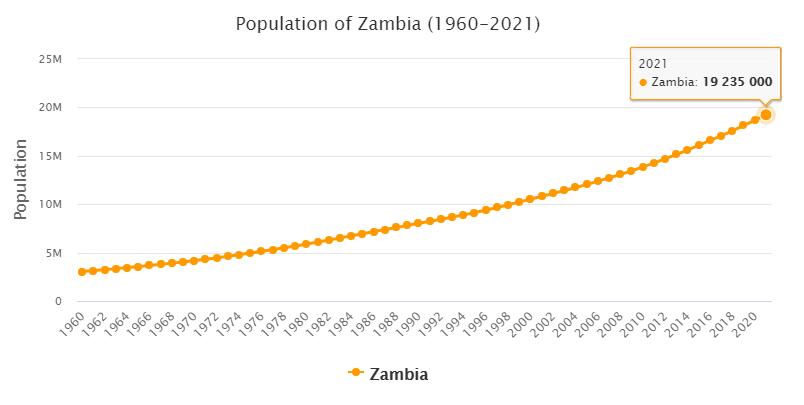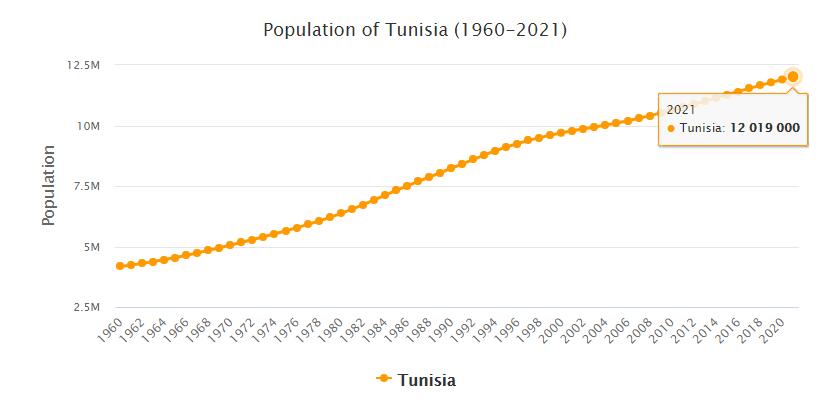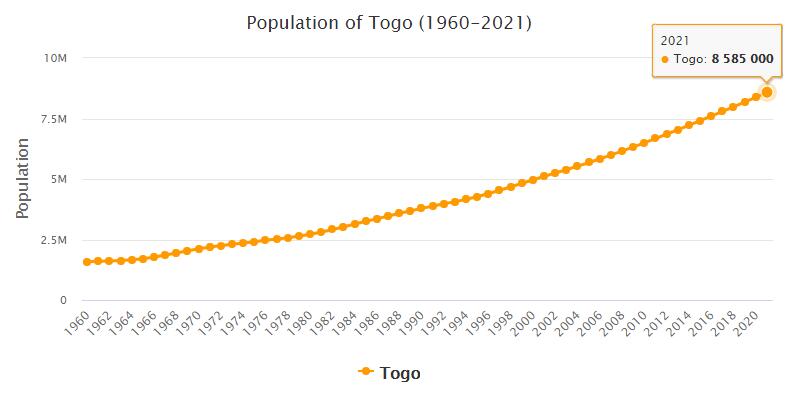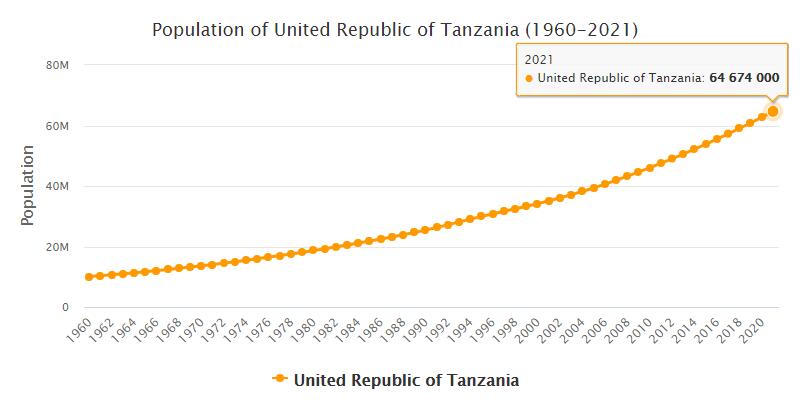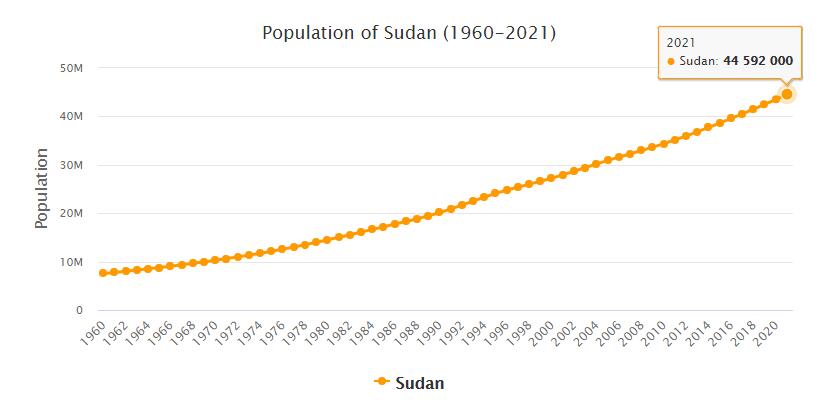OECD History
The emergence The OECD has its origins in the cooperation required to rebuild the severely wounded Europe after World War II. In 1948, 18 European countries, including Sweden, formed the Organization for European Economic Cooperation (OEEC) with the task of administering the American Marshall Plan. This financial aid program was used during the years 1948-1952… Read More »



